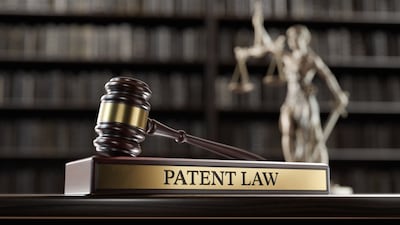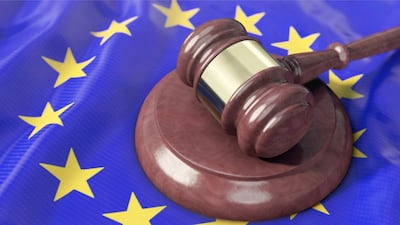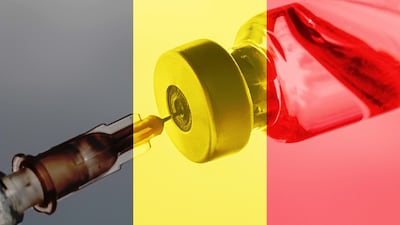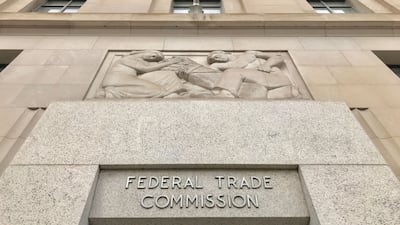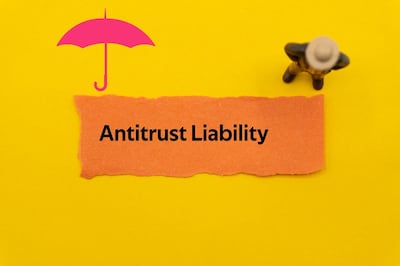Legal & IP
Consistent, AI-verifiable clinical and SEC disclosures are now essential to protect valuation and avoid litigation. Misalignment creates measurable regulatory, financial, and legal risk, while disciplined, synchronized disclosure strengthens credibility and reduces exposure.
DARI is an AI enabled framework that scores how well clinical trial disclosures align across SEC filings, registries, press releases, and presentations, identifying risks in timing, accuracy, consistency, governance, and tone to flag regulatory or litigation exposure.
An India-EU trade deal sets ground for a free trade agreement to lower tariffs on pharma, though an investment protection agreement – likely influencing data exclusivity – will be concluded later. Will the US now reconsider its India tariffs?
Bayer is the latest company seeking compensation from COVID-19 vaccine manufacturers for allegedly infringing patents.
Using artificial intelligence in drug discovery and development could have huge benefits for companies, but a key challenge will be addressing how data is used to train AI tools and managing intellectual property issues, says Clifford Chance’s Stephen Reese.
The latest step in the long-running saga of Hikma and Amarin’s induced infringement dispute over Vascepa is a US Supreme Court review of the litigation, which could result in changes to generic drug skinny-label policy.
The agency is "reconsidering" manufacturer plans for the 340B rebate model in light of court decisions imposing a temporary stay on implementation.
A new pharma package, fresh laws for biotech and new rules for tackling medicines shortages are among the raft of legal changes that industry must grapple with in the year ahead. Lawyers explain the key changes for pharma companies.
“Section viii cannot function as Congress intended,” if a Federal Circuit Court ruling stands, the US solicitor general argued in urging the Supreme Court to review and reverse the closely-watched Hikma Vascepa skinny-label case.
The Belgian Competition Authority has confirmed that it is escalating a complaint against Roche over alleged strategies used to delay biosimilar competition to rituximab and trastuzumab.
A federal judge in Hawaii ruled the FDA failed to consider statutory factors relevant to the REMS and provide a “reasoned explanation” for its restrictive treatment of the drug, but remand could result in an agency determination that more extensive restrictions are needed.
In this second of a two-part series, Clifford Chance partner and life sciences legal expert Gunnar Sachs explains how the upcoming EU Biotech Act could place extra strain on SMEs due to overlap with other regulations and how to mitigate this through careful planning.
While industry awaits specific details on the EU Biotech Act, Clifford Chance partner and life sciences legal expert Gunnar Sachs explains the key aims of the new legislation and discusses the potential benefits for biotech firms.
The EU’s top court has rejected Teva and Cephalon’s final appeal, ruling that their 2005 settlement to delay a generic version of modafinil was inherently anticompetitive and upheld a €60.5m fine.
Pink Sheet reporter and editors discuss the FDA’s role in the Astra Zeneca Most Favored Nation drug pricing deal and the Justice Department interpreting the off-label promotion laws differently than the FDA.
Recent Justice Department filings may suggest it is rethinking allowances for drug manufacturers to communicate scientific information on unapproved uses to healthcare providers.
Emma Mittelstaedt Burnham prosecuted antitrust violations in healthcare sector in her previous work at DoJ, including leading investigation into antitrust cartels in the generic pharmaceutical industry.
The Trump Administration may differ from the Biden Administration in some areas of health care antitrust enforcement, but experts said some Biden-era priorities may be maintained.
MSN Laboratories wins another case against Novartis and will keep approval for its generic version of Entresto. The decision effectively confirms that US FDA can approve ANDA labels that make limited wording changes to carve around patent-protected indications, reinforcing the agency’s flexibility.
Newly enacted standard contractual clauses for negotiating clinical trial agreements in Germany appear positive for sponsors compared to the clauses that trial sites were typically requesting in the past, eg, those relating to compensation for the transfer of inventions, according to lawyers.




